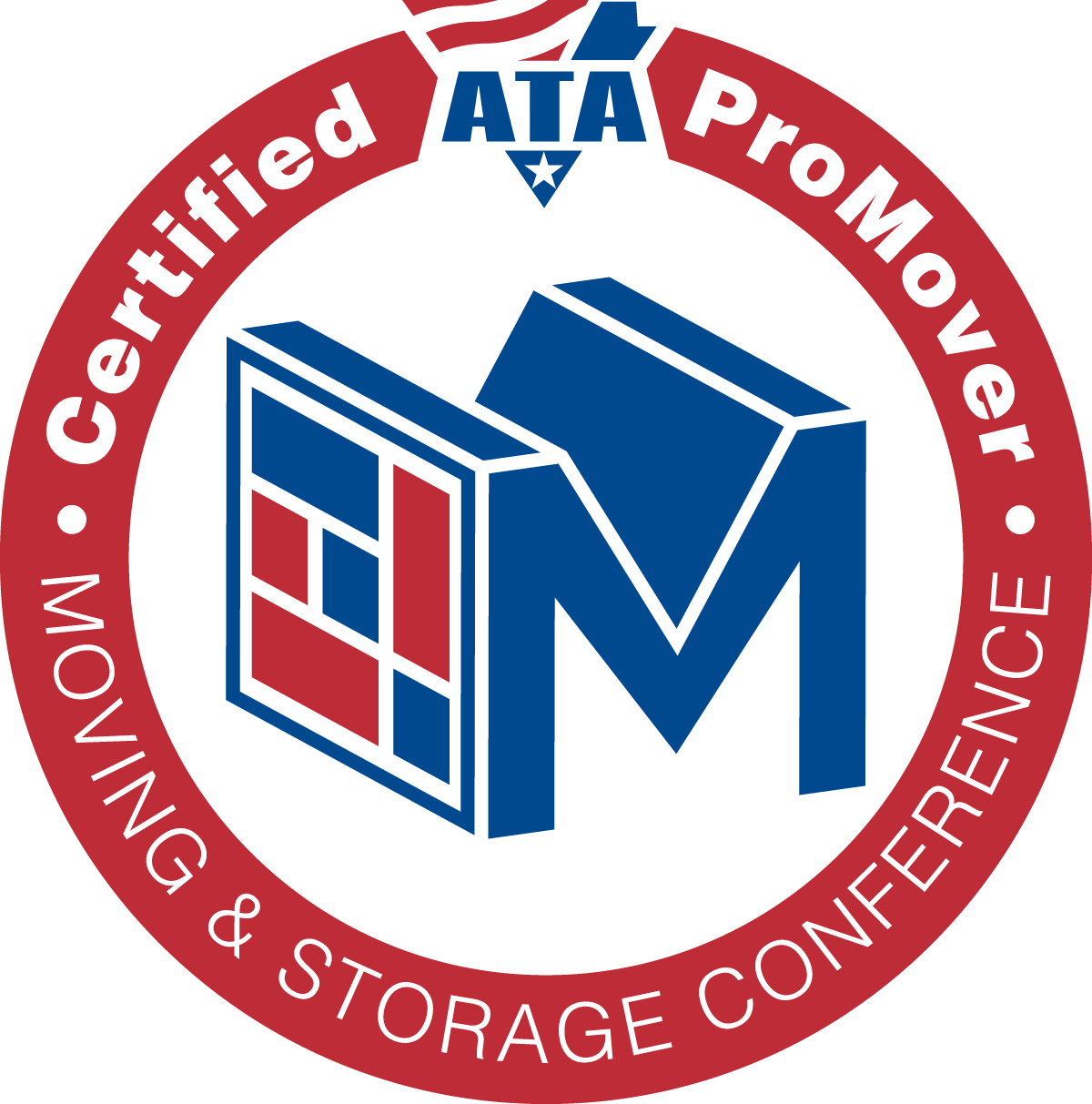Frequently Asked Questions About Moving-Protect Your Move
The following moving questions and answers are adapted from the Federal Motor Carrier Safety Household Goods Guide.
1. Are movers obligated to move my goods for the estimate they quote?
Not if it’s a non-binding estimate. Make sure all estimates are in writing. The estimate must clearly state whether it is non-binding or binding. If it’s a binding agreement, they’re legally obligated to follow the estimate.
Remember, a mover is under no requirement to make an estimate to the shipper, so be sure to ask for a written estimate.
2. What do the following estimate terms mean?
Non-binding estimate: A non-binding estimate is one that can change, although these estimates should be reasonably accurate and provide you with a general idea of the moving cost. Typically, a mover will schedule an onsite visit and check out the goods for the estimate. If you add items or request additional services, the mover may void the estimate or revise it. The non-binding estimate must be in writing and state that it is non-binding.
110% rule: If the final cost exceeds the non-binding estimated amount, the mover must deliver the goods upon payment of the estimated amount plus 10% of that amount. The mover must then defer the balance due on the charges for 30 days.
Binding estimate: A binding estimate is a set price estimate. It is a legal agreement between you and the mover that the cost to move the goods will not exceed the price agreed upon. You may still add services, and the cost for those services is due at delivery. Binding agreements must be in writing.
3. What information and paperwork is the mover required to provide?
At the time of the estimate and/or prior to the execution of the order for service, the mover must supply the following:
- A copy of its written non-binding or binding estimate
- A copy of the U.S. Department of Transportation (DOT) publication, “Your Rights and Responsibilities When You Move”
- Neutral dispute settlement/arbitration program information
- Contact information for the mover for inquires and complaints
When the order for service has been executed, the mover must supply a copy of the order for service after it has been signed and dated by you and the mover.
At loading time at the time of pick-up, the mover must supply a copy of the bill of lading/freight bill (and scale weight tickets when freight bill has been paid).
At unloading time at the time of delivery, the mover must supply a copy of the completed bill of lading/freight bill (and scale weight tickets when freight bill has been paid).
4. What is an order for service?
This is the document authorizing the mover to ship your goods.
It isn’t a contract. It notes the estimated charge of the move and other special services asked for (like packing and storage) – as well as pickup and delivery dates or spread dates.
5. What is a bill of lading?
The bill of lading is the contract between you and the mover. It should be given to you before the mover loads your goods.
Like any contract, it’s your responsibility to read it before you sign it. Go over any discrepancies with your mover and don’t sign the bill of lading until you’re satisfied with it.
The bill of lading is an important document, so don’t lose it. Have it available until your shipment is delivered, all charges are paid, and any claims are settled.
6. What happens if the mover does not pick up or deliver my goods according to the dates provided?
Movers are required to meet something called “reasonable dispatch” requirements.
This means the transportation must happen – within reason – during the scheduled dates, as shown on the order of service and bill of lading.
Some things beyond a mover’s control, like weather, may be acceptable reasons for delay.
7. Will I be compensated if my shipment is not delivered as promised?
Not necessarily. You may file an inconvenience or delay claim with the mover, however. Include receipts for lodging and food expenses for all days past the last day of the pick-up and/or delivery spread dates.
However, the mover is not obligated to compensate the shipper, so court action or arbitration may be required.
If the mover refuses to pay or otherwise disallows any part of the claim, you can pursue a civil action within a two-year timeframe of the dispute.
8. What types of insurance will I be offered?
Movers generally provide three types of protection for your goods in case they are lost or damaged.
Limited liability: This is the basic coverage required by law and doesn’t cost you anything. Under limited liability, the mover is responsible for 60 cents per pound per item for an interstate move.
Added valuation: This type allows you to collect the amount based on the current replacement value of the item, minus depreciation. The amount you pay for this coverage depends on how much you declare your goods are worth.
Full value: This insurance costs the most and covers the actual cost of an item’s replacement or repair, without any deduction for depreciation. Before purchasing coverage from the moving company, check your homeowner’s insurance policy to see if it will cover your goods during a move and compare plans.
9. If there is loss or damage to my goods, how much time do I have to file a claim?
You have nine months from the date of delivery to file a claim.
10. What if I’m not satisfied with the mover’s compensation for damaged or lost goods?
You will have to seek recourse through court or arbitration. If you choose court over arbitration, the suit must be brought within two years of the dispute.
11. If I do my own packing, is the mover still responsible if something is lost or broken?
Yes. The mover usually has a tariff provision that allows it to repack boxes or cartons if they feel they have been improperly packed – or if they will cause harm to the rest of the shipment.
The mover is also liable for any loss or damage caused during transit unless the sole cause for the loss or damage was due to any of these common law defenses:
- An act of nature
- An act of – or omission by – the shipper
- An act of public enemy
- An act of public authority
- Inherent vice
Improper packing falls under an act or omission. Since the sole cause for the damage must be the act of the shipper, any contributory damage by the mover would void the common law defense – and the mover would be responsible. In other words, pack carefully.
12. What should I know about the pick-up and delivery dates?
Make sure the mover gives you a specific date or spread of dates on your order for service and bill of lading. Do not allow the information regarding these dates or spread dates to remain blank. This may delay your shipment.
Make sure your order for service dates is transferred to your bill of lading unless you have made arrangements for another date or spread of days.
At pick-up: Be sure to receive a bill of lading (not just the inventory sheet) showing the name of the mover responsible for transporting your goods, along with the mover’s address, telephone number and “MC” number.
At delivery: You are responsible for accepting delivery of your goods from the first date to the last date of the delivery spread dates. Don’t depend on dates given to you by the driver. Refer to your order for service or bill of lading.
13. What should I know about the pick-up of my furniture?
Be present until your furniture is loaded.
Look at the mover’s description of your furniture on the inventory and ensure the mover denotes items that are chipped, marred, dented, scratched, etc.
Make certain the items’ conditions are listed on both the driver’s copy and your copy of the inventory sheet – but more importantly on the driver’s copy.
Make certain all goods to be moved are listed on the inventory sheet.
14. What should I know about the delivery of my goods?
It isn’t unusual for the driver to ask for, or expect payment of, transportation charges before the truck is unloaded – or before the van doors are opened. If a shipment is delivered on more than one truck, the mover can choose whether to collect charges for each portion of the shipment as delivered – or all at once.
At pickup, it is the driver’s responsibility to list the condition of your shipment on the inventory sheet. This is the time to agree or disagree with the mover’s description of the condition of your items.
At delivery, it is your responsibility to list the condition of your shipment. If there are items missing or damaged, make an indication on the driver’s copy and your copy of the inventory sheet. Put an “X” on the boxes (at pickup) that contain breakables so that at destination you can note the condition of the boxes.








